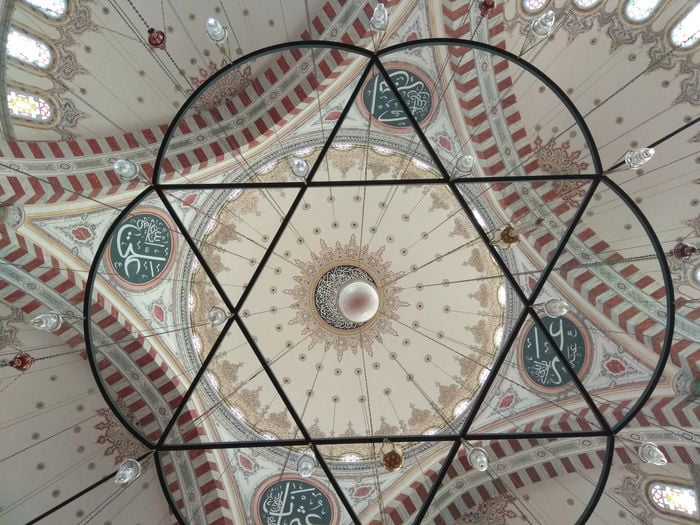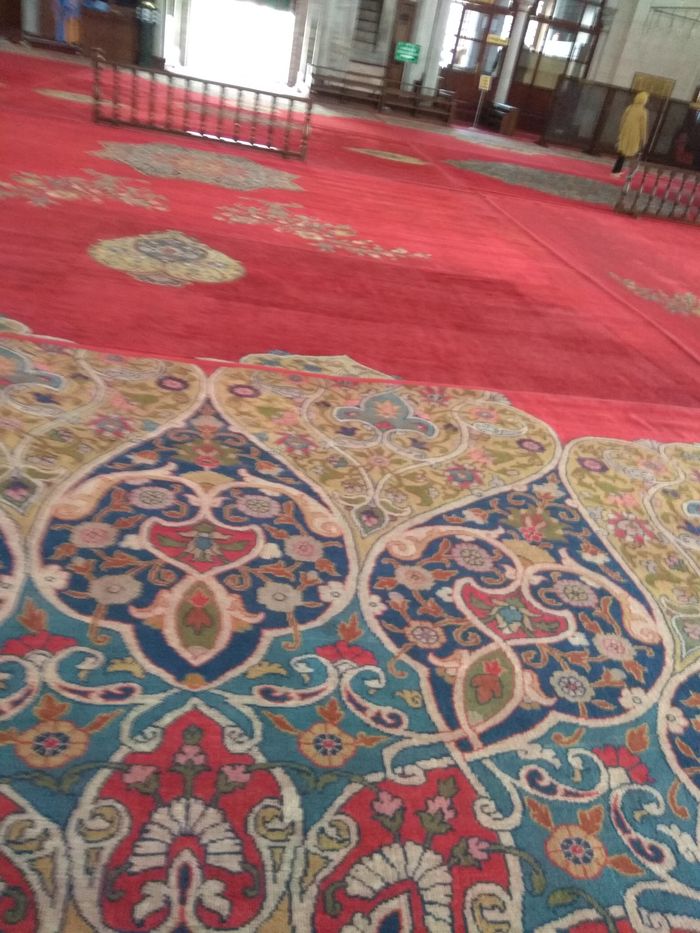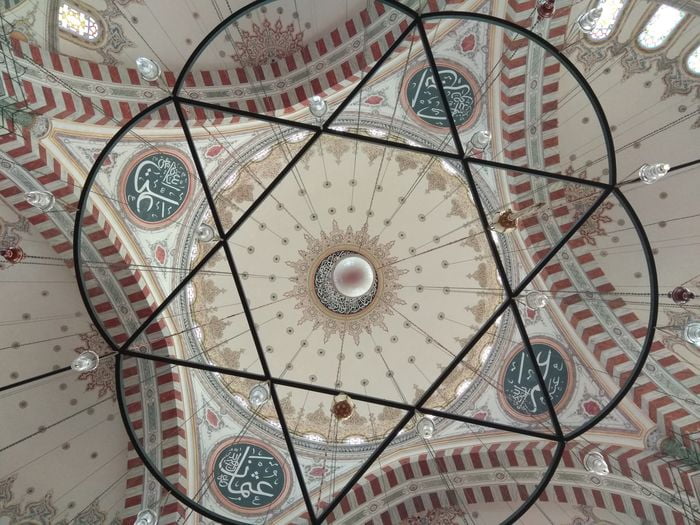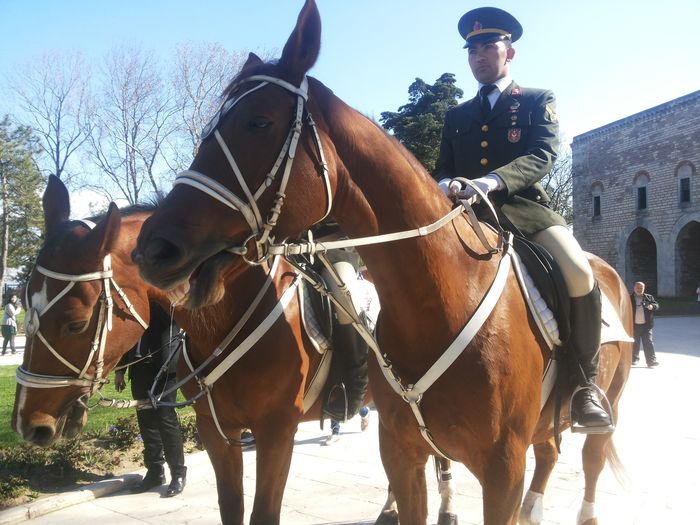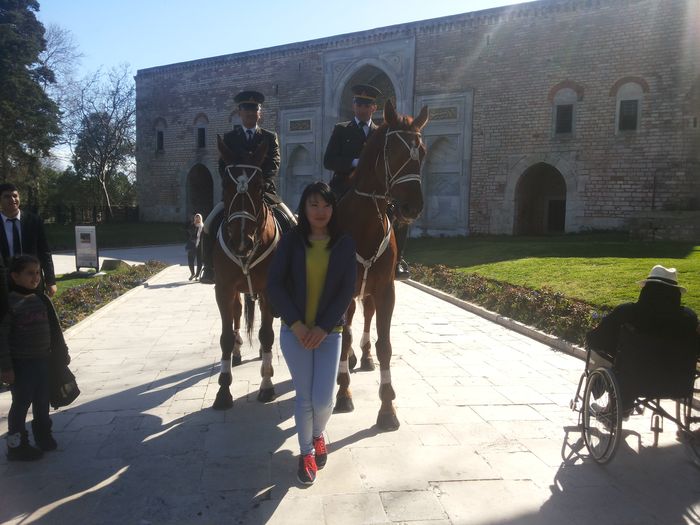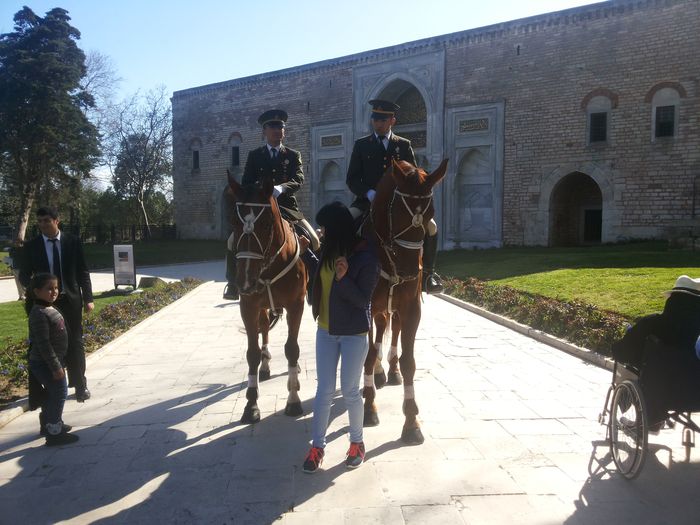The aforesaid Hippolytus writes also that not the Greeks but the Franks shall put an end to the Saracens. Encouraged by which prophecy the Saracens, three years ago, engaged in battle near Scylla and Charybdis in the Sicilian waters, with the patrician Manuel, the nephew of Nicephorus. And when they bad laid low his immense forces -they took his own self and beheaded him and hung up his corpse, And when they bad captured his companion and colleague, who was of neither gender, they scorned to kill him; but having bound him and kept him to pine in long imprisonment, they sold him for a price at which no mortals who were sound in their heads would have bought him. And with no less spirit, encouraged by this same prophecy, they shortly after met the general Exachontes. And when they had put him to flight, they destroyed his army in every way.
Another reason also compelled Nicephorus at this time to lead his army against the Assyrians. For at this time, by the will of God, a famine had so laid waste all the land of the Greeks, that not even two Pavian sextares could be bought for a piece of gold: and this in the very realm of plenty, as it were, This misfortune, the field mice aiding him, Nicephorus increased by collecting for himself, at the time of harvest, whatever corn there was anywhere; giving a minimum price to the despairing owners.
Absence of the mice
And when he had clone this on the side towards Mesopotamia, where the supply of grain on account of the absence of the mice was greater: the amount of corn that he had equaled the amount of the sands of the sea. When, therefore, on account of this vile transaction, famine was everywhere shamefully raging, he brought together eighty thousand men under pretext of a military expedition; and he sold to them, during one whole mouth, for two gold pieces what he had bought for one.
These, my master, are the reasons which compelled Nicephorus now to lead his forces against the Assyrians. But what sort of forces? I ask. Truly, I answer, not men, but only images of men; whose tongue only is bold, but whose right hand is frigid in war. Nicephorus did not look for quality in them, but only for quantity, How perilous this is for him he will learn to his sorrow, when the multitude of unwarlike ones, brave only on account of numbers, shall be put to rout by a handful of our men who are skilled in war – nay, thirsting for it.
Read More about Report of his Mission to Constantinople part 27

